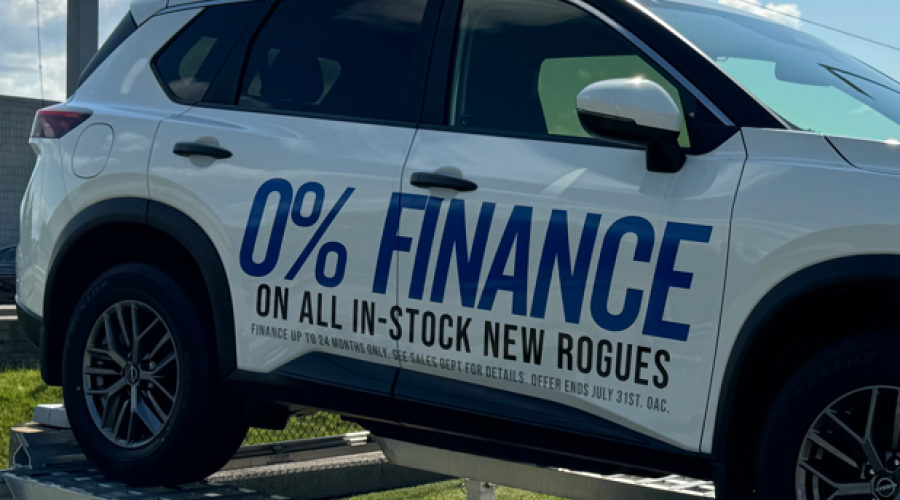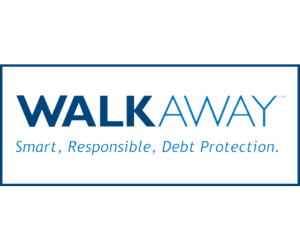The Financial Services Office, often called the F&I or Business Office, is one of the dealership’s most profitable departments. Depending on the dealership’s size and sales volume, it may employ three or four managers, including senior and assistant roles.
With minimal overhead, the office operates with just a few physical spaces and requires no marketing or advertising expenses. All clients are referred through vehicle sales at the dealership. The office sells high-margin financial products, aftermarket vehicle protection items (such as extended warranties, rustproofing, maintenance plans and theft deterrent products) and contract insurances. Many dealership officials refer to this office as a “license to print money.”
Some dealerships lean heavily towards loans/finance agreements, while others maintain a more balanced approach with loans and leases.
It’s important to note that approximately 30% to 35% of all new cars sold in Canada are leased on average, with higher percentages in premium brands and lower in more affordable, fast-moving cars.
Most dealership Financial Service (or Business) Managers prefer focusing on selling new cars through purchase finance agreements. This approach allows them to offer more products and extend contract terms (96-months and possibly 108-months in the near future), enabling customers to add items to their monthly budget without feeling overstretched.

For the dealership and Financial Services Office, this translates to increased revenue and profit opportunities when customers choose to finance their vehicles.
Focusing heavily on purchase finance agreements has its downsides. Customers are often out of the market for seven to nine years while paying off their vehicles, which reduces the dealership’s pool of potential new car buyers. Many customers grow tired of their vehicles but are locked into agreements due to negative equity from long-term contracts filled with additional financial products. This can lead to dissatisfaction, causing customers to blame the dealership and avoid the brand in the future. These risks can overshadow the initial financial benefits achieved years earlier.

Dealership owners and General Managers prefer a balanced portfolio with 25% to 35% of new vehicle leases. Lease customers remain engaged throughout their lease term, and the likelihood of retaining them afterward is higher than with finance customers. Although leases can also encounter negative equity, if a customer wants to exit dealers can collaborate with services like LeaseBusters to find someone to take over the lease, bringing in new clients. The flexibility of OEM lease contracts and the ability to transition customers into new leases early make leasing an attractive option for dealership leaders.

Financial Services Managers often find lease deals less appealing because it’s challenging to sell protection items like rust and paint protection or extended warranties. Leasing customers typically avoid insuring their contracts due to the ease of transferring leases if they face financial, health or other issues. While the Financial Services Office can offer products like Excess Wear & Tear protection, tire packages, and Walkaway Insurance, the shorter lease terms of 48-60 months often make these add-ons push the monthly payment beyond the customer’s budget.
Remember, manufacturers can influence your decision with incentives like favorable interest rates for financing or lower lease payments. To make an informed choice, visit CarCostCanada® and LeaseBusters to research pricing, interest rates, payments, rebates, and market values, helping you decide whether to lease or finance your next new car.
James Matthews is the President, General Manager and Co-Founder of LeaseBusters. James launched LeaseBusters in 1990 and is considered one of Canada’s leading experts on new vehicle leases, lease-take-overs and vehicle lease (re)marketing. James can be reached directly at jmatthews at leasebusters.com







